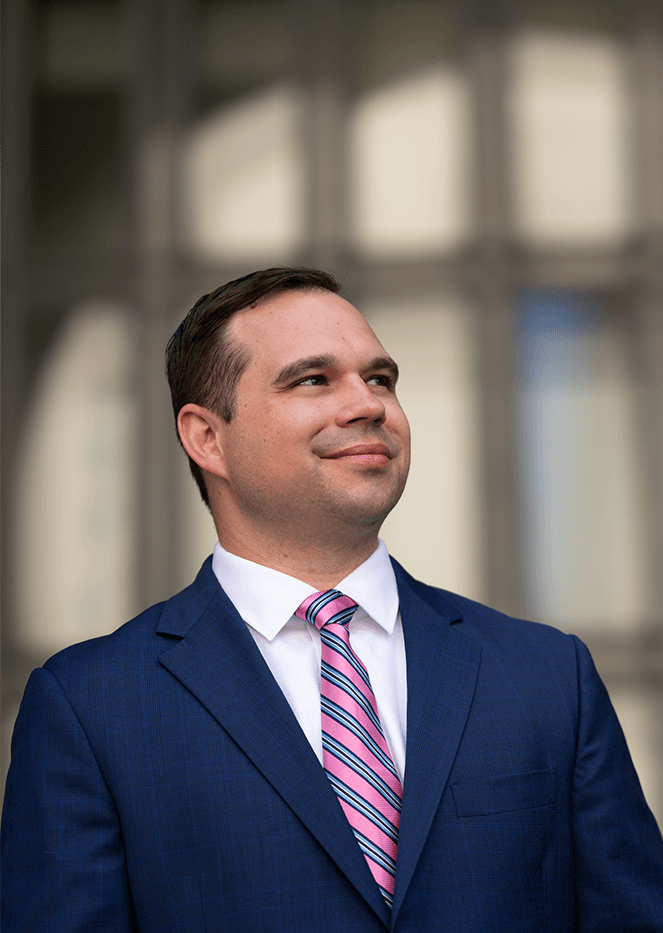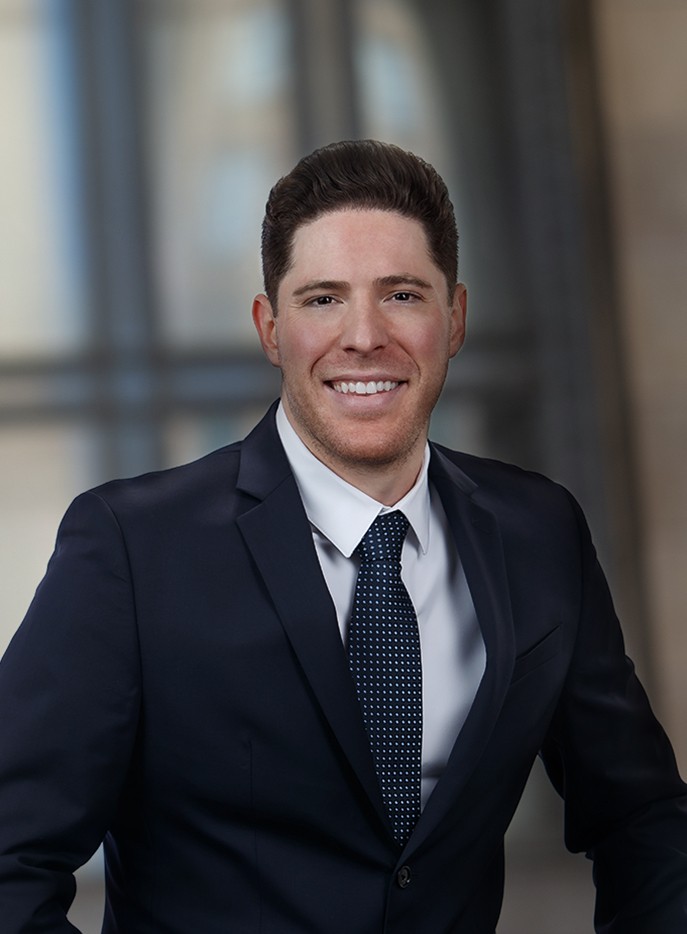
Although you may not have a choice in when to seek medical care if you are suffering an emergency, for planned or elective care you should consider when to schedule your treatment or procedure. In particular, you may want to consider avoiding going to the hospital or seeking medical care on the weekend or on holidays. While you should seek immediate medical attention for a serious injury or a potentially life-threatening condition, anything that doesn’t require immediate attention should ideally wait until after the weekend or the holiday. Unfortunately, more medical mistakes are made on weekends and holidays than during the normal workweek.
The “Weekend Effect”
The increased rate of medical errors, patient injuries, and readmission rates on weekends and holidays has been termed by some as the “weekend effect.” There are a few factors that have been identified as contributing to the weekend effect, including:
- Smaller staff – hospitals and other healthcare facilities tend to run with lower staff numbers on weekends and holidays to give time off to as much of their regular, full-time staff as possible. Facilities may also close or reduce capacity for diagnostic services such as radiology or laboratories, meaning that scans and tests can take longer to process.
- Fill-in and inexperienced staff – to maintain required staffing ratios, healthcare facilities may turn to fill-in or per diem staff who may not work on a regular basis. In addition, weekend and holiday shifts are usually seen as less desirable and therefore usually assigned to newer, less-experienced staff who don’t have seniority.
- Sleep deprivation – staff who work on weekend and night shifts may be feeling groggy, tired, or drowsy due to being off the normal circadian rhythm.
With fewer, more inexperienced, more tired staff working on weekends and holidays, the chances of errors being made in patient care go up.
Teaching Hospitals
The weekend effect can be more pronounced at teaching hospitals, as staff scheduling may be based on the academic calendar of the medical school the hospital is affiliated with. In addition, most teaching hospitals bring in new groups of residents in July, meaning that over the following weeks, the hospital will be staffed with new doctors learning the ropes.
Tips to Protect Yourself When Visiting the Hospital over the Weekend
If you must visit the hospital or seek medical attention over the weekend or on a holiday, here are a couple of tips to follow to help protect yourself against the risk of being injured by a medical error:
- If possible, have someone sit with you in the emergency room or your hospital room to act as a second set of eyes and ears. This may be especially important if you come to the hospital in serious medical distress or if you are sedated while in the hospital.
- Before undergoing a test or procedure or being administered medication, be sure to ask questions such as why the test or procedure or medication is needed, and what they are supposed to do for you. This can help avoid you becoming the victim of a wrong-patient error. If the answers to your questions don’t make sense, ask to speak to an attending physician.
- Advocate for your healthcare. If the hospital is looking to discharge you but you don’t feel well enough to leave, be polite but firm in asking to speak to an attending physician or to request a second opinion.
Contact A Medical Malpractice Attorney for a Consultation About Your Hospital Negligence Case in Pennsylvania
Were you or a loved one injured due to medical malpractice in Pennsylvania? Then you need to talk to an experienced medical malpractice lawyer as soon as possible for guidance on how to proceed. The Philadelphia hospital negligence attorneys at Baldwin Matzus, LLC are prepared to assist you with your legal claim. We represent victims of negligent surgeons, doctors, nurses, and pharmacists throughout Pennsylvania, including Butler, Cranberry Township, Greensburg, and Washington. Call us today at (866) 858-2276 or fill out our online contact form to schedule a consultation. Our main office is located at 310 Grant St., Suite 3210, Philadelphia, PA 15219.
The articles on this blog are for informative purposes only and are no substitute for legal advice or an attorney-client relationship. If you are seeking legal advice, please contact our law firm directly.

















